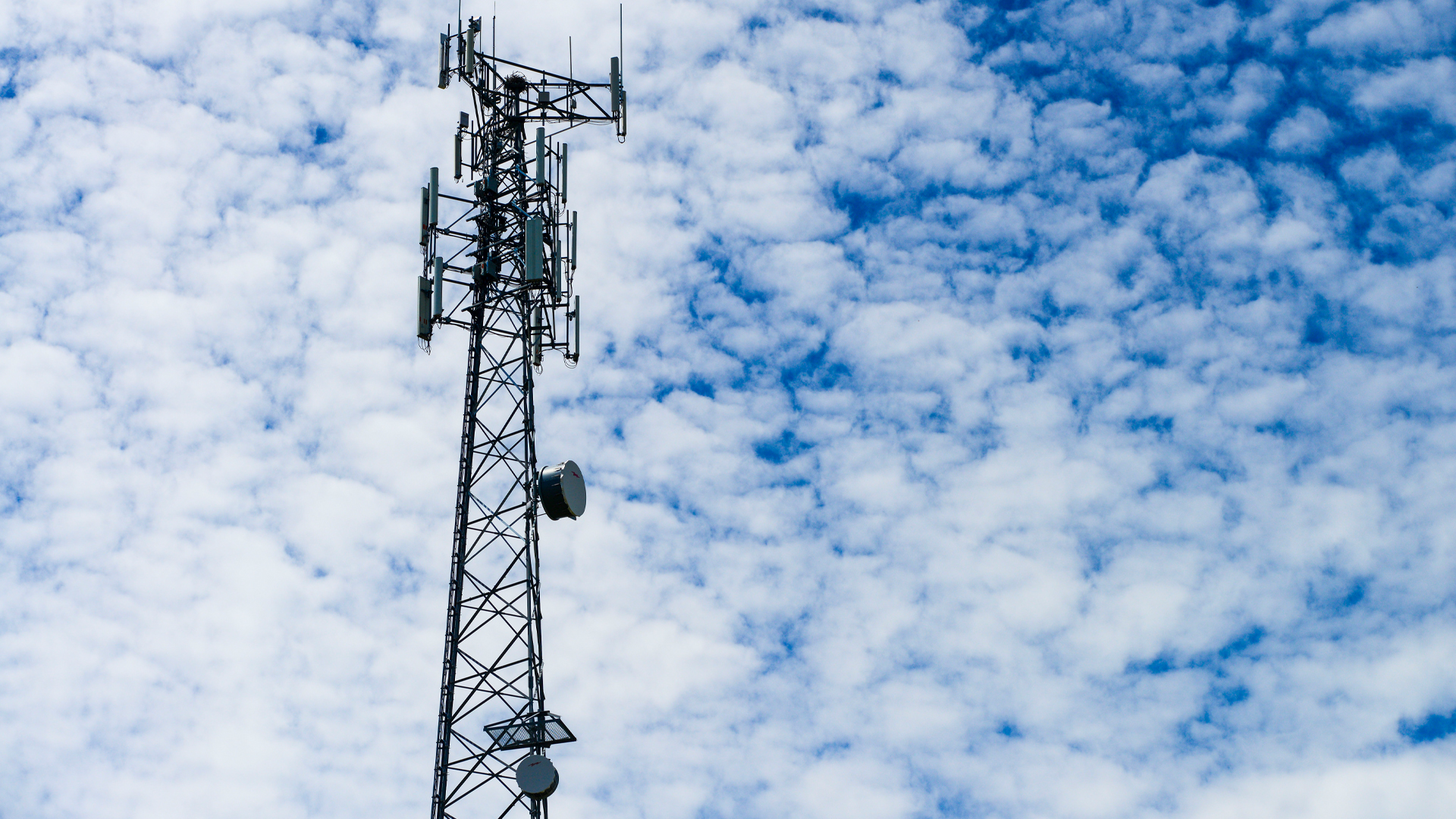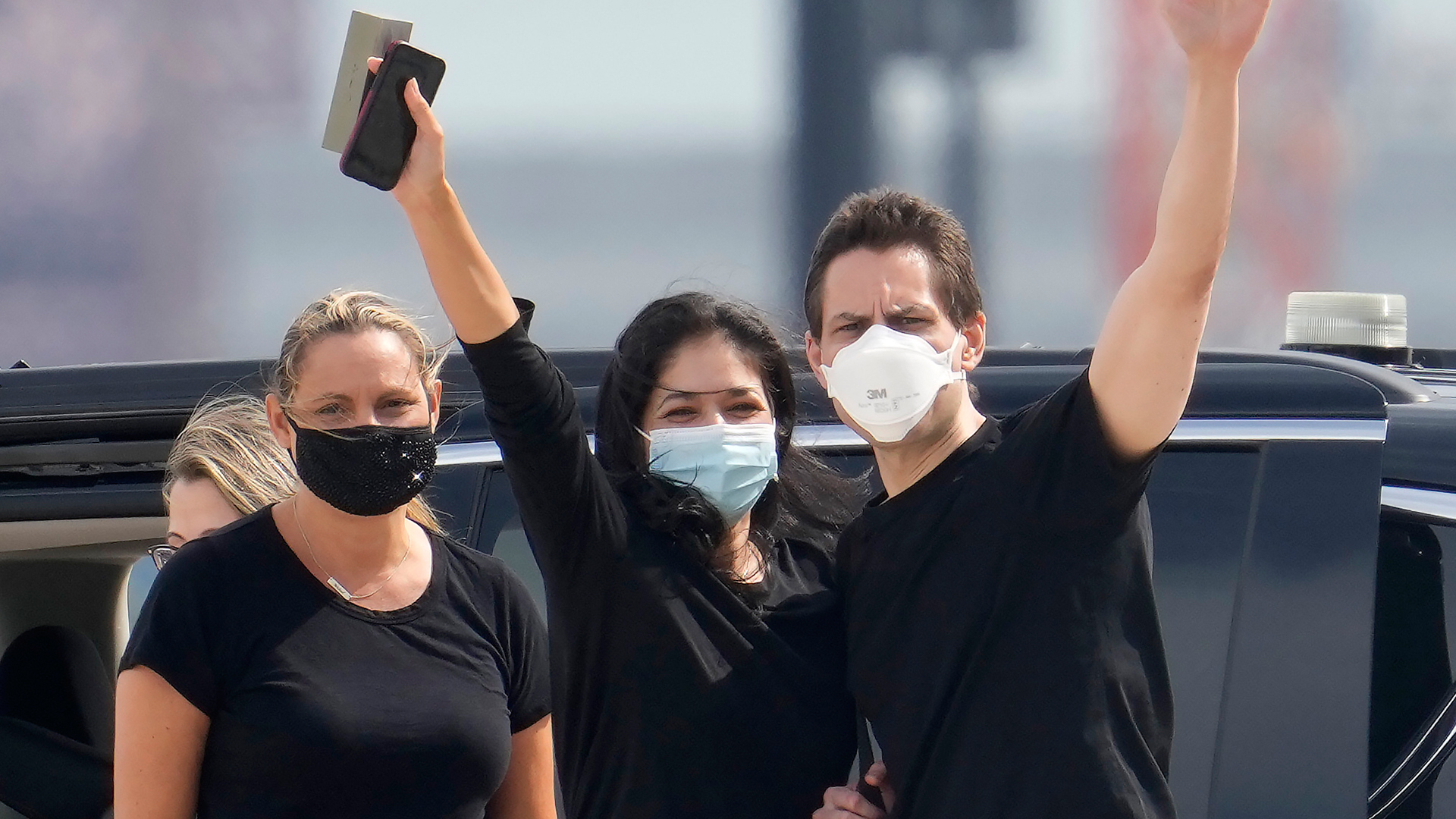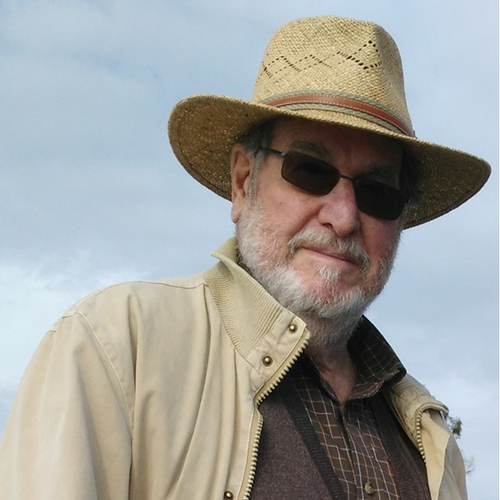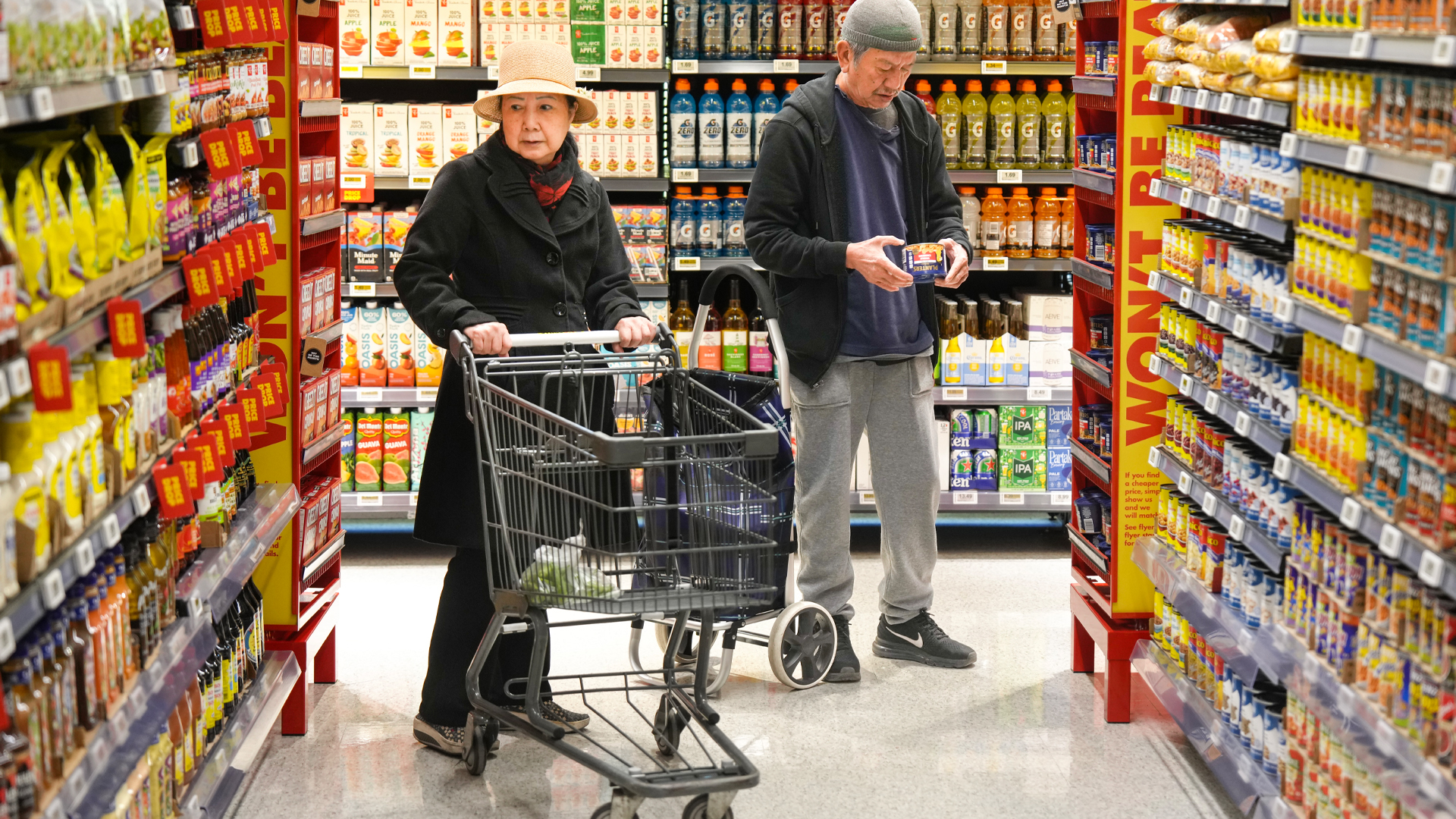
On Oct. 27, the Wall Street Journal published a detailed report on the arrangements made by the United States for the release of Michael Kovrig and Michael Spavor. The nearly 10,000 word-article – based on interviews with Canadian, American and Chinese officials – provided the first detailed account of the more than 1,000-day imprisonment of the two Canadians and the efforts for their release.
It is appropriate, and with some irony, that the first published account of the affair was by an American newspaper, and a significant business and economic one at that. From its very beginning, this was the story of American economic competition and in the words of the WSJ “reflected a U.S.-China battle for control of the international flow of data and, ultimately, primacy in global commerce.” It “marked a turning point in the growing power competition between the U. S. and China, helping shift it from mutual wariness to full-blown animosity.”
The two Canadians were accidental proxies in this American affair. Canada acquiesced and refused to use the legal mechanisms available in Canadian law to resolve the matter directly with the government of China. On a broader scale, Kovrig and Spavor were just the latest in a long and sad list of Canadians who, over the last two decades, were refused appropriate and available protection by their own government. In many of those situations, especially involving Canadians caught up in the American “war on terror,” there was, and continues to be, discrimination based on previous citizenship.
Canada’s relations with China need bold recalibration
Canada-China relations will change with Biden
Having young Canadians in China is valuable as tensions rise
The specific American focus in this battle was Huawei Technologies. In the last 20 years, Huawei has come to dominate the global telecommunications market. Its operational and consulting services, along with manufacturing for the corporate and consumer markets, has expanded to most countries.
In the last decade, it overtook Ericsson of Sweden as the largest manufacturer of telecommunications equipment, and surpassed Apple of the United States and Samsung of South Korea as the largest producer of smartphones.
Huawei also became the dominant global player in fifth-generation technology – 5G – for broadband cellular networks. Its products offered faster and increased capacity for mobile phone wireless connectivity. Canada, along with Australia, New Zealand, the United Kingdom and most of Europe, saw no reason not to use Huawei for their transition into the world of 5G. Even some American companies were using the technology.
But Donald Trump was in the White House and there was little doubt that American technology was lagging, perhaps several years behind that offered by Huawei. Something had to be done and, as was common during that period, the United States dressed up the domination of Huawei as a threat to its national security.
A few years earlier, the Americans did the same with Canadian steel and aluminum exports when it imposed tariffs of 25 per cent and 10 per cent, respectively, using the argument that they represented a danger to U.S. national security.
On Huawei, the Trump administration initiated an investigation and concluded the company had acted in contravention of unique American sanctions against Iran. It was not long before it decided to use Meng Wanzhou, the chief financial officer for Huawei and daughter of its founder, Ren Zhengfei, as a central person to attack.
During this period, Canada, along with other countries, was searching for a new approach to China. It was increasingly apparent that the sweeping economic reforms initiated by former leader Deng Xiaoping in the 1980s and 1990s would not lead to changes in its autocratic political system. Now under the increasing dominance of Deng’s ultimate successor, President Xi Jinping, the protection of the regime, the Communist Party of China, was of increasing concern in an increasingly affluent society whose citizens travelled to and studied freely in the far corners of the world.
Beijing’s increasing leading role in the global economic system was accompanied by significant actions making it the dominant power in the neighbouring East and South China seas. For Hong Kong, the dream offered by the mantra “one country, two systems” did not last much beyond the departure of the last British governor carrying the Union Jack.
When Meng boarded a flight in Hong Kong on Dec. 1, 2018, for a business trip to countries in Latin America, the American authorities knew it would land first in Vancouver. They sent a request for her extradition to Canadian authorities.
In the words of the WSJ article, the charge was “narrow, but it would serve a broader national security objective – to help Washington convince U. S. allies Huawei couldn’t be trusted.”
The plan worked. As the WSJ article detailed, Meng was detained by Canadian authorities without apparent consideration of the implications or full understanding of American intentions.
Again, according to the WSJ article, Trump and Xi were sharing Argentine sirloin in Buenos Aires where both were attending a G20 meeting at the time of her arrest. Prime Minister Justin Trudeau was also in Argentina for the G20 meeting but his early statements clearly showed that he had not been informed of Meng’s detention in Vancouver.
In Vancouver, the extradition request was more a question of how her arrest was to be made by low-level police officials once her plane landed. There was no consideration or understanding of how China, especially Xi, would see Meng’s detention not only as an affront to one of China’s premier international companies but an economic attack on China as well. Within days, the detention of Kovrig and Spavor were part of the Chinese answer.
Canada was the patsy in the affair. The Americans assumed Ottawa would go along with their actions and were entirely correct.
Trudeau stated Canada would allow the “rule of law” to play out, knowing this could take years. Kovrig and Spavor spent the next 1,020 days in Chinese prisons in conditions that will affect them for the rest of their lives. Meng, while detained in more salubrious conditions, will live on as a symbol of the efforts China is prepared to make in support of its increasingly global reach.
As has been detailed by many, including this author, the affair could have been resolved at any time by using a provision of the Canadian Extradition Act, which provides the minister of justice with the authority to intervene in the extradition process and terminate it at any stage.
This did not happen. It was only with a new president in Washington that there was an application of the “flexibility” of American “rule of law.” In a matter of days, it provided for the cancellation of the American extradition request to Canada and the return of Meng to China. Her return to China overlapped, almost to the minute, with the release of Kovrig and Spavor, and their return to Canada. As part of the same arrangements, the Americans negotiated the return of two American citizens to the United States.
It was an American-created affair. However, the unwillingness of the Canadian government to act well within the authority available to it continues and is part of Ottawa’s sad, long and tragic record of inaction in protecting Canadians in trouble in foreign lands.
Kovrig and Spavor join Robert Hall and John Ridsdel, murdered in the Philippines in 2016, and the 40 or so Canadian women and children, alleged supporters of ISIS, sequestered in northeast Syria. They are victims of the Canadian government’s sad failure to meet its ultimate responsibility of protecting Canadians irrespective of where they are located or how they landed in difficulty.








